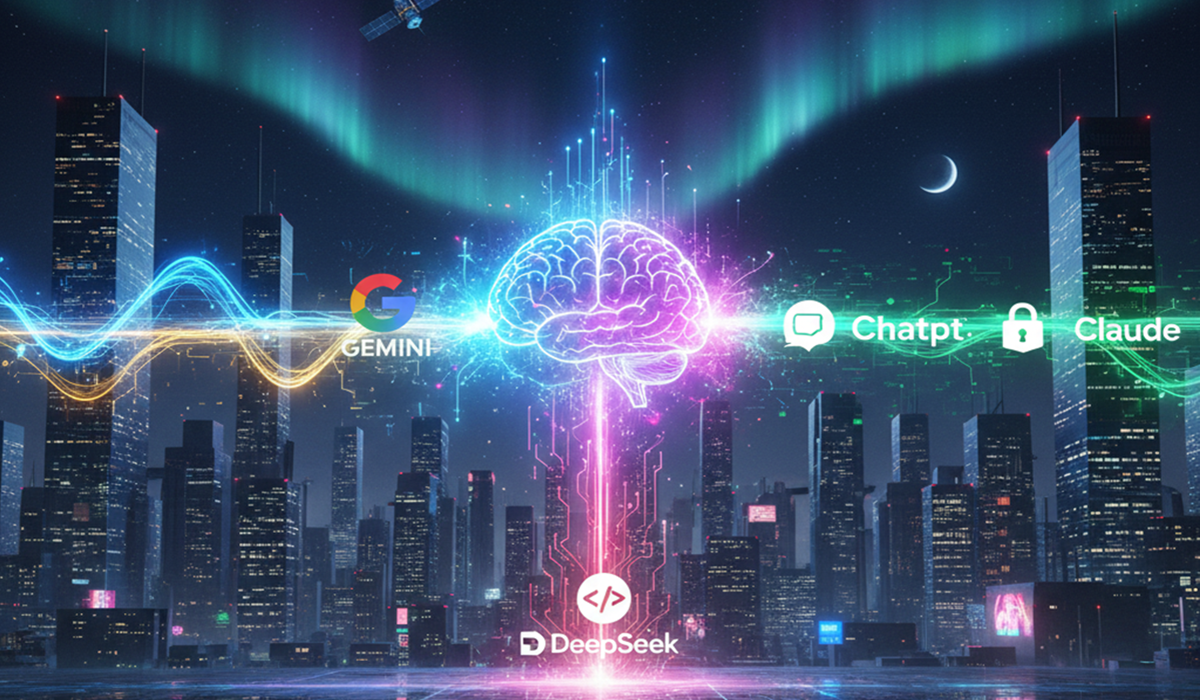Image Credit: MrJayW
Social media is a highly effective and far-reaching source for acquiring knowledge. All over the world, knowledge seekers gain significant benefits through it. Ethical interaction on social media involves establishing rules and principles for responsible behavior, focusing on privacy, clear communication, and mutual respect to prevent issues such as cyberbullying, manipulation, and misinformation. Important ethical considerations include addressing the potential for distraction and time wastage, ensuring content appropriateness, and fostering a culture of accountability. Implementing these ethics requires a comprehensive approach to ensure social media supports, rather than detracts from, the educational mission.
God has clearly taught us a divine code of ethics when interacting with varied people. Under His holy guidance, mutual respect, privacy, and patience remain fundamental principles of interaction. He also taught that before sharing information with others, the authenticity of every piece of information should be verified from multiple sources. This care protects us from significant troubles and embarrassment. As social media users, a primary duty is to protect personal information from unauthorized access or misuse, ensuring that information is collected transparently and ethically. Influencers must maintain a culture of accountability and integrity in their online interactions, preventing deception and upholding the credibility of their content.
Social media use must adhere to principles of fairness, especially when interacting with different classes of society, preventing biases or imbalances from influencing the environment. Encouraging mutual respect among users is vital for forming a positive ethical framework, fostering responsible interactions and open communication. Social media can also be a significant source of distraction, with constant notifications leading to a loss of focus on educational activities and potentially wasting valuable time. Users can be targets of cyberbullying, which can cause emotional harm and undermine well-being and authority.
Additionally, social media users are frequently exposed to graphic content, misinformation, and potentially harmful material, which can lead to anxiety, fear, and negative mental health impacts. There is also a risk of users invading others’ privacy by sharing private information or engaging in harassment, often driven by anonymity and perceived distance. Online interactions can exacerbate existing power imbalances, potentially influencing behavior and creating unethical dynamics for personal gain.
It is essential to develop clear, comprehensive policies for social media use to address potential risks and dilemmas, ensuring ethical scrutiny of interactions. Users must be properly educated on ethical online conduct, digital citizenship, and responsible social media use to foster a respectful and accountable online environment. Social media should be utilized for dialogue and interaction, fostering ethical discussions, sharing experiences, and encouraging reflection on complex ethical matters. Safeguards should be implemented to protect users from exposure to harmful content and to support their emotional well-being.
The integration of social media raises critical ethical concerns. The ethical implications of social media use must be considered within theoretical frameworks such as deontology, utilitarianism, and virtue ethics. Issues such as cyberbullying, online harassment, digital access inequities, and bias are matters of serious concern. Ethical integration of social media underscores a complex relationship of benefits and challenges that requires thoughtful consideration and ethical decision-making. Ethical decision-making in instructional technology is not merely procedural but a fundamental element that ensures technologies like social media contribute positively to learning without infringing on users’ rights and well-being.
As social media continues to evolve, strategies to manage its use must also progress. Instructional technologists need to stay alert, adapting to new challenges and continuously striving to balance innovative practices with ethical considerations. This equilibrium is crucial not only for fostering equitable and inclusive environments but also for preparing users to engage with their digital world ethically and responsibly.
By understanding and applying ethical principles, we can realize the benefits of social media in learning contexts while maintaining values of dignity and respect. Internet technology enables the sharing of information and direct communication over long distances through social networks or social media. One major benefit of this networked media is the time and cost savings it provides. While we are given freedom in its use, this freedom does not absolve us of ethics or restrictions—what is allowed and what is not.
We must recognize the importance of ethics in the use of social networks so that every user feels comfortable while avoiding criminal or harmful activity. Many social problems in society stem from a lack of ethical awareness in social media use. Users are often misled by false news or incitement circulating online. In communicating on social networking sites, we often forget the principles of ethical communication. Many abusive words appear in conversations—intentionally or unintentionally. It is far better to use appropriate and polite language when communicating online.









